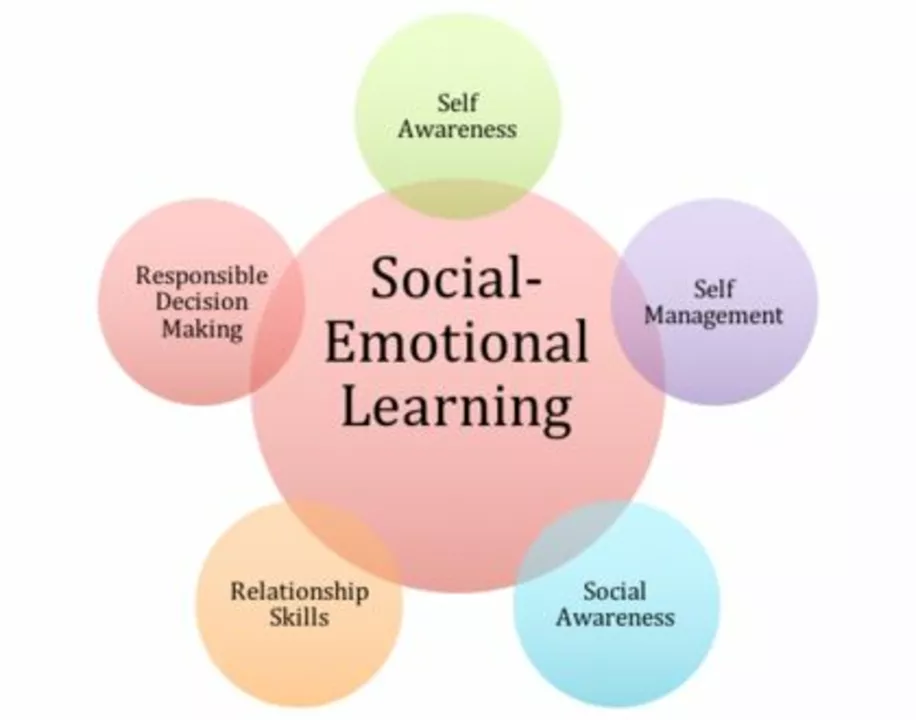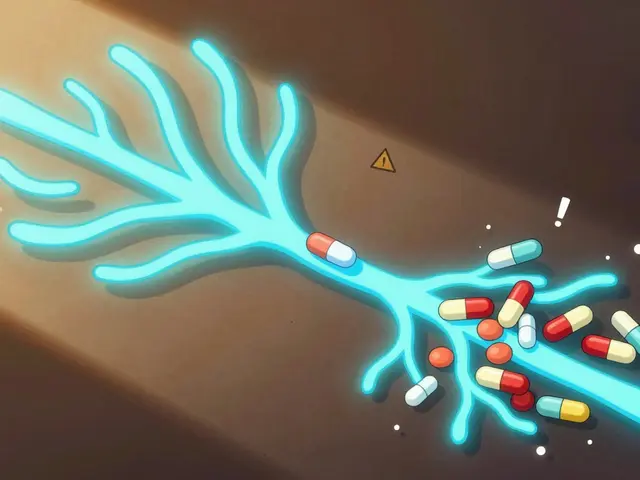Arrhythmias management: clear steps to feel safer and stronger
Heart palpitations, skipped beats, or a fast fluttering in your chest can be scary. But most of the time, arrhythmias are manageable once you know what’s going on. This page gives you straight, useful advice on spotting problems, getting the right tests, and practical steps you can start using today.
First, know the common signs: a racing heart, pauses or extra beats, dizziness, shortness of breath, chest tightness, or fainting. If you pass out, have severe chest pain, or sudden weakness on one side, call emergency services. Those are red flags for something serious.
How doctors find out what’s wrong
Diagnosis is usually simple and depends on when symptoms happen. The basic test is a 12-lead ECG — quick and painless. If your ECG looks normal but symptoms continue, your doctor may ask for a Holter monitor (24–48 hours), an event recorder (worn for weeks), or an implantable loop recorder for longer, rare episodes. An echocardiogram checks heart structure, and blood tests look for thyroid problems, low potassium, or other triggers.
Keeping a short diary of when symptoms occur, what you were doing, and what you ate or drank can help your care team spot patterns fast.
Medicines, devices, and procedures — what to expect
Treatment depends on the type of arrhythmia and how it affects you. Two main goals guide care: control the heart rate and reduce the risk of stroke (especially with atrial fibrillation).
Common medicines include beta-blockers and calcium channel blockers to slow the heart, and antiarrhythmic drugs (like amiodarone or flecainide) to keep the rhythm steady. If you have atrial fibrillation, blood thinners (warfarin or DOACs) often lower stroke risk — talk risks and benefits with your doctor.
Procedures are useful when medicines aren’t enough. Electrical cardioversion can reset the rhythm. Catheter ablation targets the tiny tissue that sparks abnormal beats and often provides long-term relief. Pacemakers help slow-heart problems; implantable cardioverter-defibrillators (ICDs) treat dangerous fast rhythms.
Ask your clinician about risks, success rates, and recovery time so you can pick the option that fits your life.
Everyday steps matter. Cut back on caffeine, limit alcohol, avoid illegal stimulants, keep hydrated, sleep well, and manage stress with breathing, walking, or short workouts. Control blood pressure, blood sugar, and weight — these reduce the chance of new heart rhythm problems. If an over-the-counter cold medicine makes your heart race, stop it and check with your pharmacist or doctor.
Practical tip: learn to check your pulse for 30 seconds when you feel odd. If it’s consistently irregular or very fast, note the time and seek medical advice. Use a simple checklist before appointments: symptom diary, current meds (including supplements), and questions about tests or treatments.
If you want help sorting options or getting a second opinion, bring your ECGs and test results to the visit. Managing arrhythmias is usually a team effort — you, your GP, and a heart specialist — and small, steady changes often make a big difference.

The Role of Support Groups in Managing Arrhythmias
As a blogger, I want to emphasize the importance of support groups in managing arrhythmias. These groups provide a safe space for individuals to share their experiences and provide emotional support to one another. Additionally, they offer valuable resources and educational materials to help better understand and manage the condition. Connecting with others who face similar challenges can greatly improve one's quality of life and help alleviate feelings of isolation. In conclusion, support groups play a crucial role in empowering individuals to take control of their health and foster a sense of community.
read more
